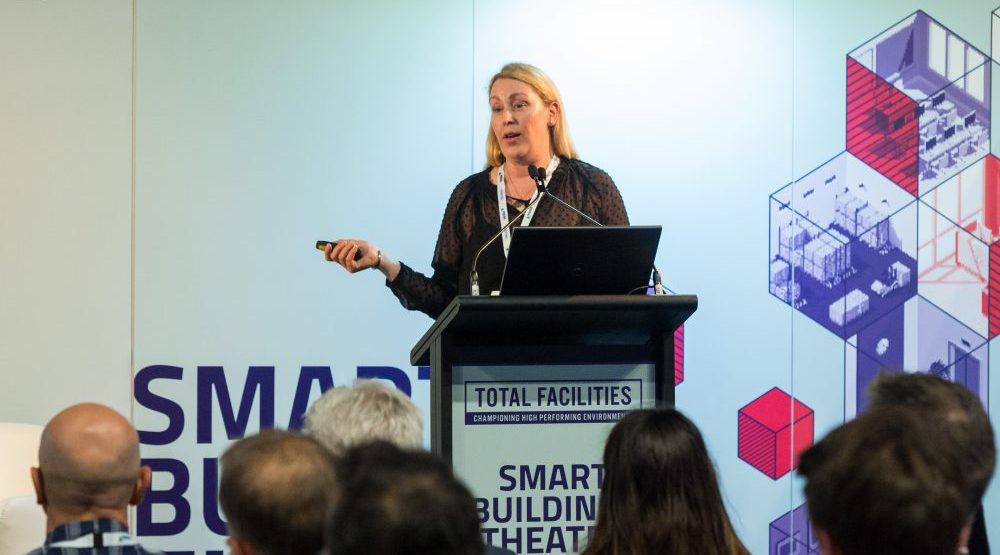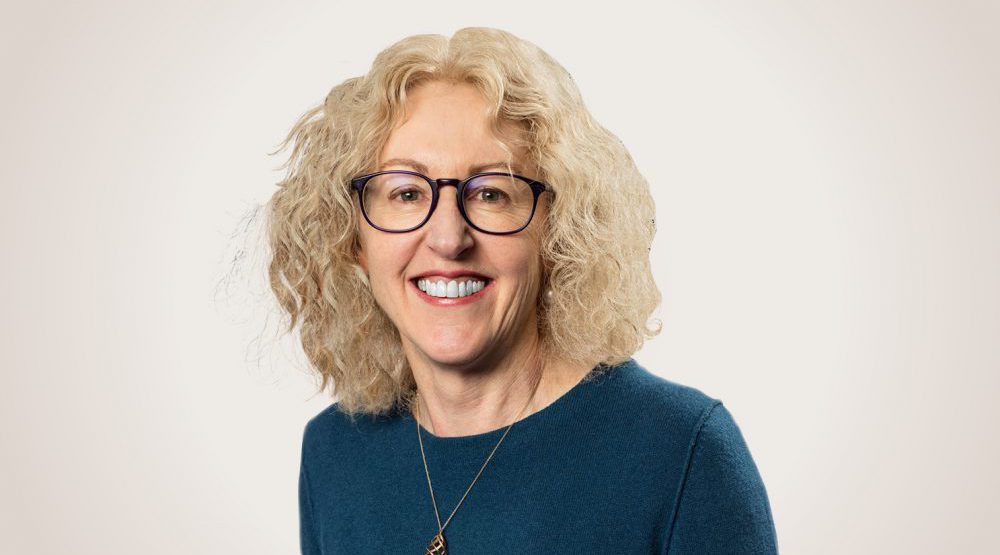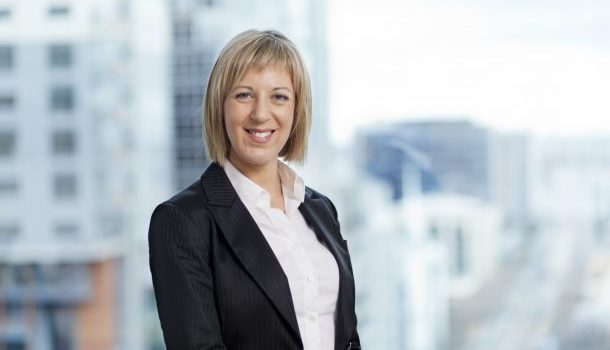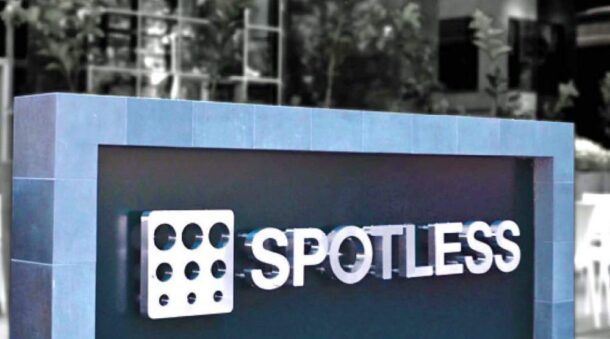
The future of work will be centred on the employee experience, according to Dr. Libby Sander, managing director of Future of Work Project.
Discussing the future of work and the influences shaping the modern workforce at this year’s Total Facilities in Sydney, Sander said employee wellbeing needs to be top of mind for employers.
According to Sander, ‘presenteeism’ (being at work while sick) costs the Australian economy $34 billion per year, whereas absenteeism – being at home while sick – costs the economy only $7 billion per year.
“Despite many decades of researching how to make workplaces a better place and how to engage employees to make them more productive, we’re not getting much better at it,” she said.
“Wellness at work and how the environment influences [workers] is a huge factor in the way that we will work going forward. We have only 13 per cent of employees who are engaged, and we have a lot of people who are unwell at work.”
Workplace wellbeing
According to Sander, the [workplace] environment can make a significant difference to the way people behave; whether they are proactive and whether they collaborate.
“The environment itself can make people act at 50 per cent capacity. Air quality alone can have a double digit increase in a person’s cognition and ability to think.”
Sander said when thinking of a workplace that supports employees to perform at optimum levels, people need to consider air, water, nourishment, light, fitness and comfort.
“If employees are not physically and psychologically comfortable, then things don’t work.
“These are serious things organisations need to think about: how are we designing the way that we work? And do our employees feel safe and physically comfortable to do their work?”

Culture
Sander said businesses have previously hired so strongly to fit culture, that one of the biggest issues they now face is a lack of diversity in thinking.
“There are some [staff] that are not prepared to speak out or challenge authority because of the requirements around performance management in the past.
“A lot of people who might be thinking the same way, but because they’ve been hired to fit the culture, they’re not prepared to speak out.”
Another result of the constant change currently taking place around the world and in workplace environment is constant, low-grade anxiety.
“Constant low-grade change will lead to anxiety among people, and we’re now seeing a lot of employees who are feeling very uncertain and very nervous.”
To combat this, Sander told delegates of organisations which have introduced the facilitation methodology of “Lego Serious Play” at the workplace, designed to enhance innovation and business performance.
Impact of AI
Sander reassured delegates jobs in the future won’t be entirely replaced by artificial intelligence (AI), with the rate of adoption of AI to vary based on industry, company and geographic location.
“There is roughly five per cent of jobs that will be easy to automate 90 to 100 per cent of the tasks, and for about 60 per cent of jobs, only a third of the activities will be automated.
“Just because we can [automate], doesn’t mean that we will. Jobs that require empathy, judgement and complex problem solving skills are not going to go away.
“People want seamless relationships. If you are in the workforce now, you’ve got another 873,000 hours of work. So what are we going to do to make sure those hours count?”
Optimisation is the new trend
Sander noted a number of employers offer incentives such as gym memberships, medical check-ups, wellness programs, and even free food to improve culture and productivity, while others are making more of an investment in corporate social responsibility.
“We should be creating workplaces where people can perform at their best. Employees are now looking for their employer not just to provide a good job and interesting, meaningful work that isn’t repetitive or boring, but to also be an organisation that is doing something to give back in a genuine way.”
Sanders said the desire for corporate social responsibility is on the rise as employees’ expectations of their employers increase.
“[The workplace] has shifted to be about the employee experience. Whether or not we’re delivering that is a separate question. Some organisations are doing a great job and some a doing a poor job. The spectrum going to change over time. Employers need to think of the experience of their employees, from when they wake up to when they leave for home.”
*Dr Libby Sander is the assistant professor of Organisational Behaviour at Bond University, the founder and director of the Future of Work Project, founder of Rethink, and an agenda contributor at the World Economic Forum.
Read more about INCLEAN’s coverage of Total Facilities 2019 in the upcoming May/June issue.
Comment below to have your say on this story.
If you have a news story or tip-off, get in touch at info@3.106.117.80.
Sign up to INCLEAN’s newsletter.


